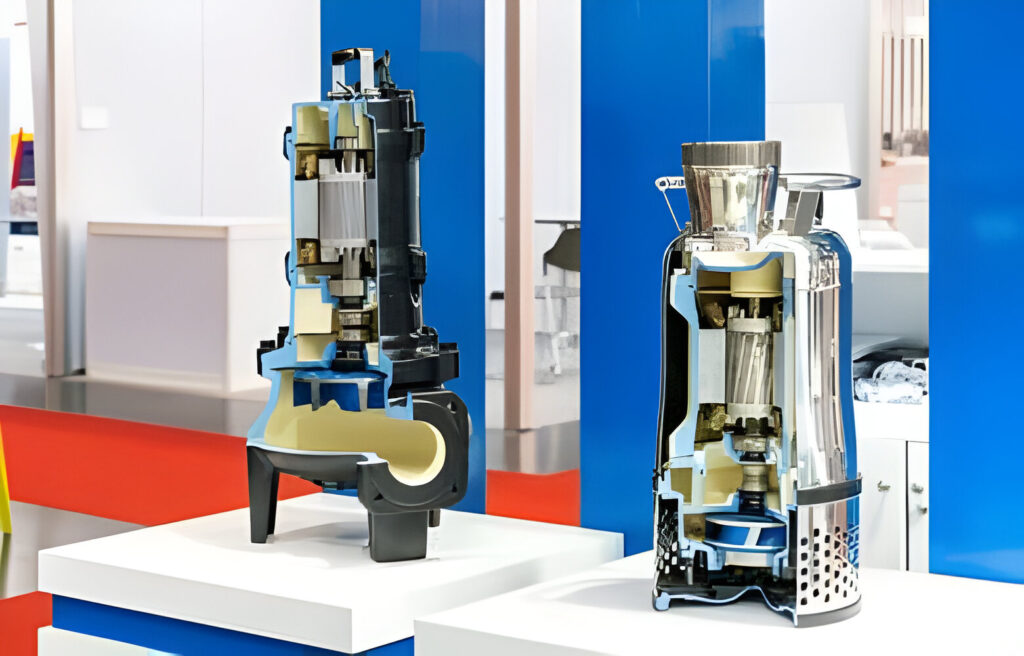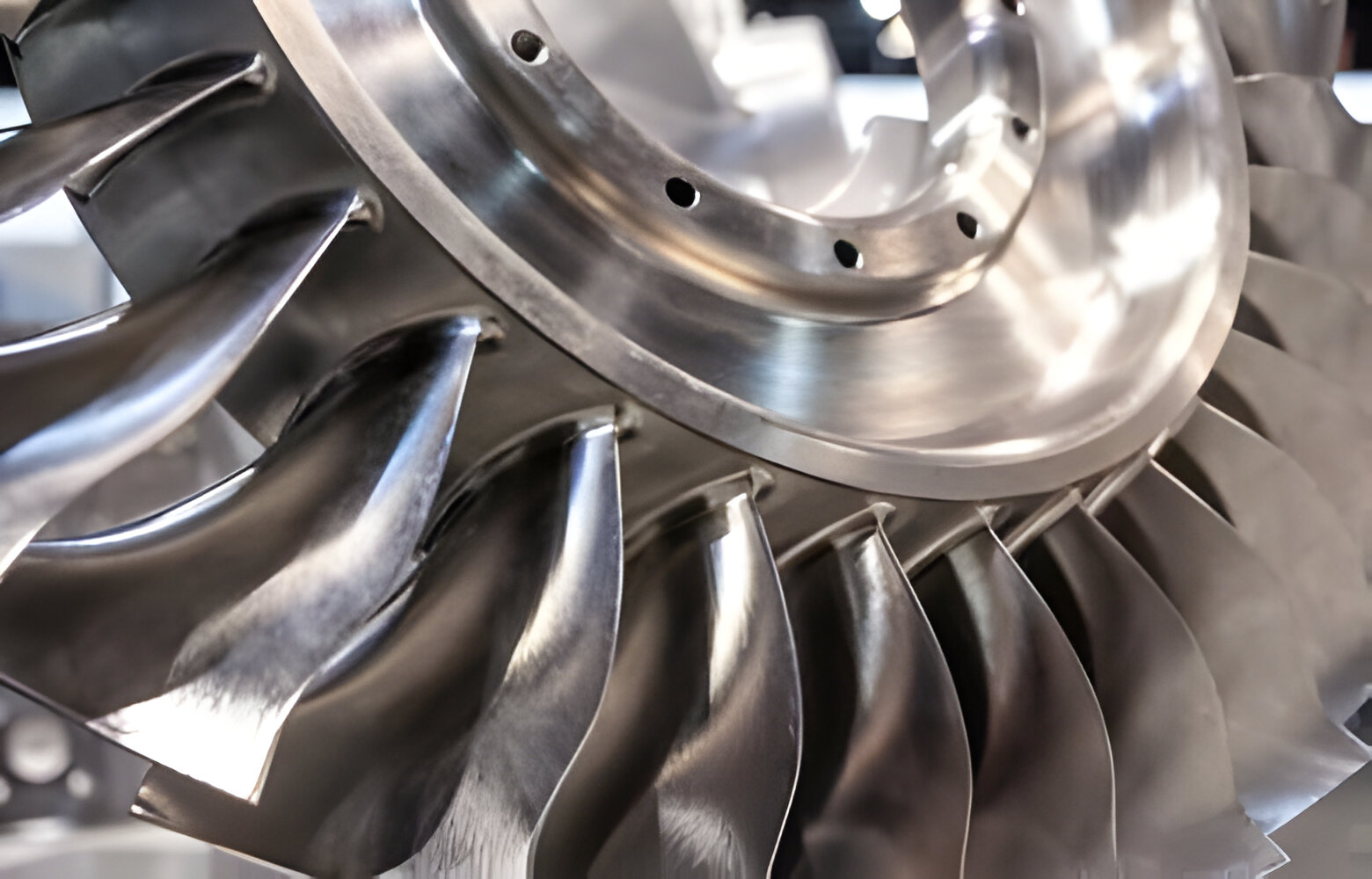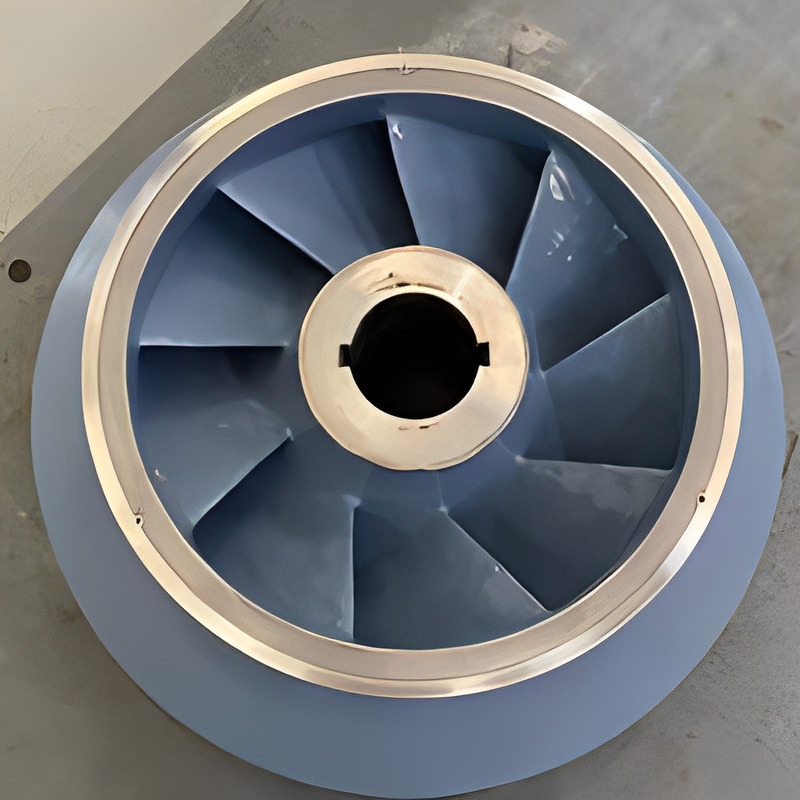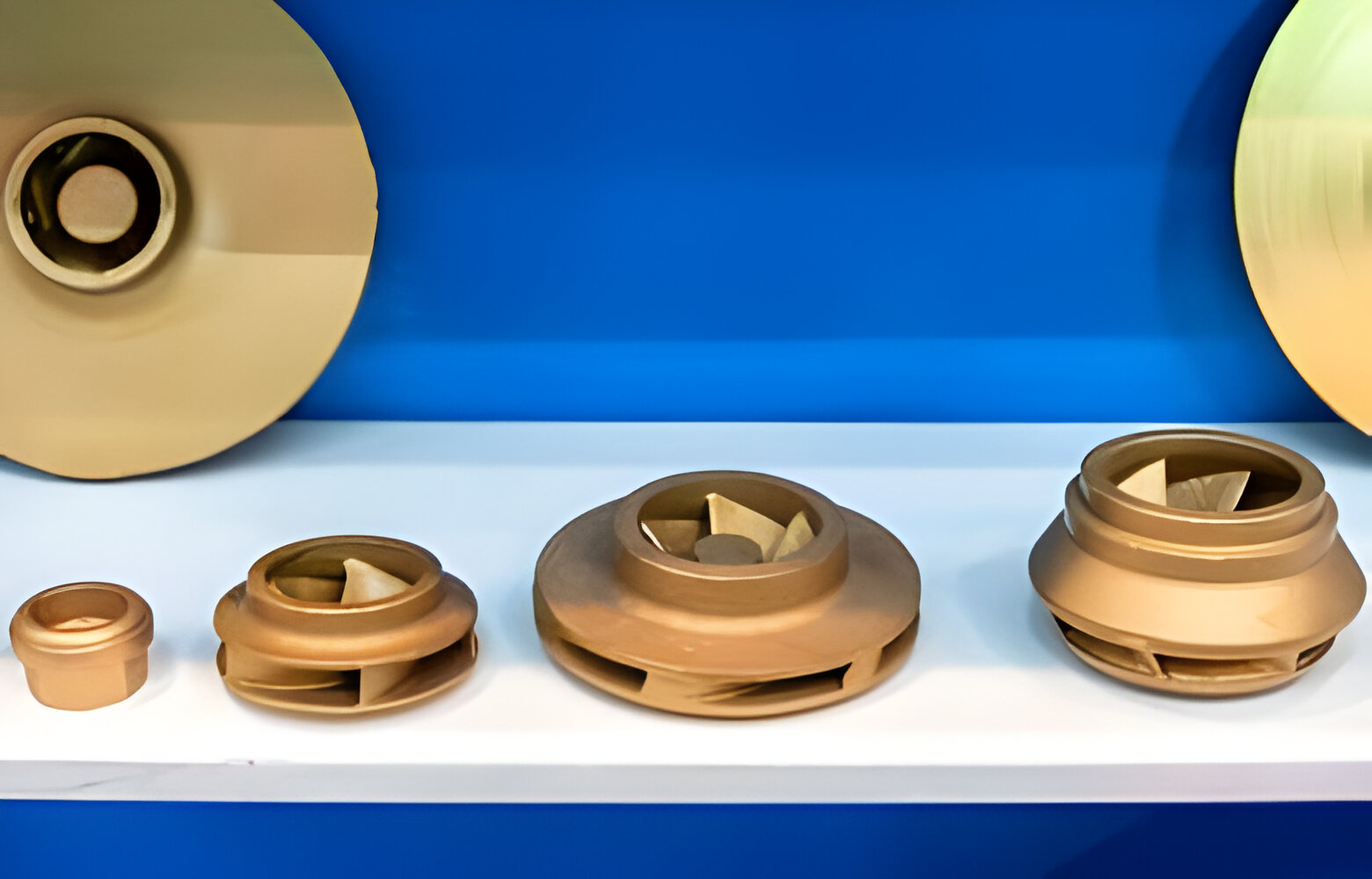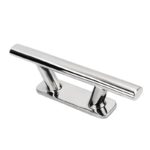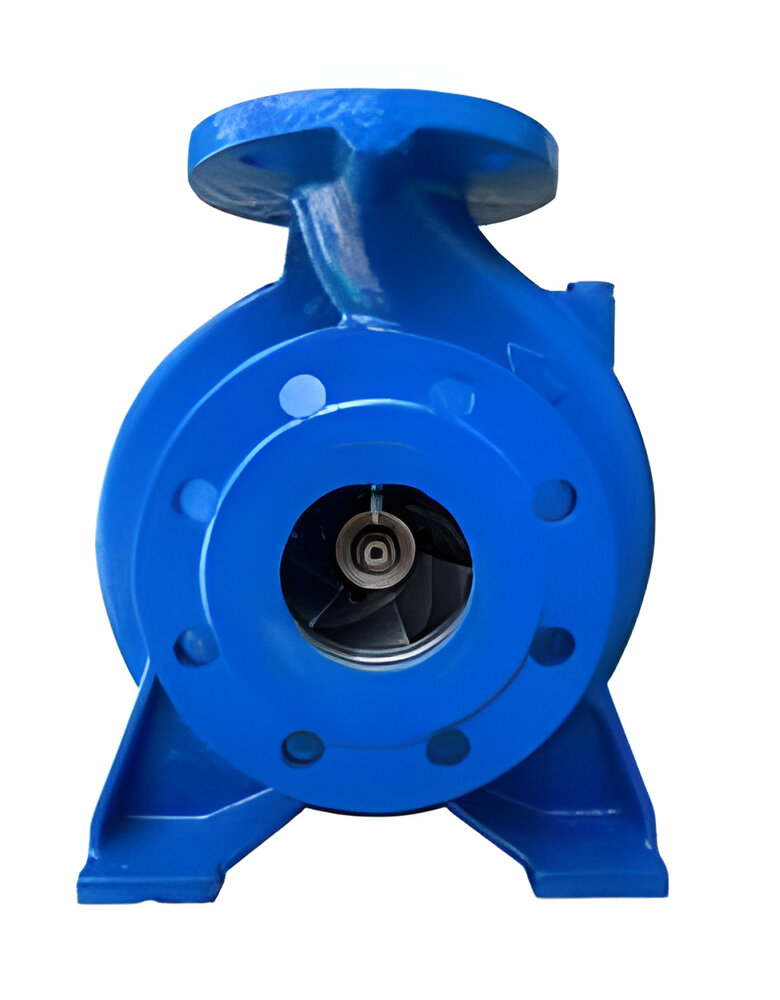In the realm of fluid dynamics, the efficiency and performance of pumps play a crucial role in various industries ranging from manufacturing to agriculture, and from marine to residential applications. At the heart of many pumping systems lies the impeller – a vital component responsible for generating the necessary kinetic energy to move fluids. Understanding the significance of impellers, particularly those crafted through advanced casting techniques, illuminates the path to enhanced pump performance and durability.
Investment casting impellers stand out as one of the premier choices for industries demanding precision and reliability in their pumping systems. These impellers, meticulously crafted through a process that involves the creation of wax patterns followed by ceramic shell molding, offer unparalleled intricacy and dimensional accuracy. Fuel pump impellers, critical for the proper functioning of automotive and aviation fuel delivery systems, benefit greatly from the precision achievable through investment casting. The ability to produce complex geometries and intricate internal passages ensures optimal fuel flow and efficiency, ultimately contributing to improved vehicle performance and reliability.
Centrifugal pump impellers, the workhorses of countless industrial processes, exemplify the versatility and efficiency achievable through advanced casting methods. Whether it's centrifugal pump impellers used in heavy-duty industrial applications or those designed for residential pool and spa systems, the precision and durability of cast impellers are indispensable. Centrifugal pump impellers are engineered to harness centrifugal force, converting rotational energy from the pump motor into kinetic energy to propel fluids through pipelines with minimal energy loss. The superior metallurgical properties of cast impellers, such as resistance to corrosion and erosion, ensure prolonged service life and reduced maintenance costs for pump systems across various industries.
Boat water pump impellers, essential for maintaining proper engine cooling and bilge drainage in marine vessels, underscore the importance of reliability and performance in harsh environments. OEM well-casted impellers, tailored to meet the stringent specifications of original equipment manufacturers, guarantee seamless integration and optimal performance in marine propulsion systems. Sand casting impellers, another prevalent method of impeller production, offers cost-effective solutions for applications where intricacy and dimensional tolerances can be relaxed without compromising performance.
Stainless steel castings manufacturers play a pivotal role in supplying industries with high-quality impellers capable of withstanding corrosive environments and extreme temperatures. Stainless steel impeller casting ensures superior resistance to corrosion, making them ideal for applications involving aggressive fluids or demanding operating conditions. The versatility of stainless steel casting processes allows for the production of impellers tailored to specific application requirements, whether it's in chemical processing plants, wastewater treatment facilities, or food and beverage production.
The debate between bronze impeller vs. cast iron impeller often revolves around factors such as cost, corrosion resistance, and mechanical properties. While bronze impellers offer excellent corrosion resistance and are favored in marine applications, cast iron impellers excel in high-pressure pumping systems due to their superior strength and abrasion resistance. The choice between bronze and cast iron impellers ultimately depends on the specific requirements of the application and the environmental conditions in which the pump operates.
Understanding how impeller pumps work is essential for optimizing pump performance and efficiency. Impeller pumps operate on the principle of centrifugal force, wherein the rotation of the impeller creates a low-pressure zone at the center, drawing fluid into the pump casing. As the fluid enters the impeller, it is accelerated radially outward, gaining kinetic energy before exiting the pump at high velocity. The design of the impeller, including the number of blades, their curvature, and the diameter, significantly influences pump performance characteristics such as flow rate, pressure head, and efficiency.
In conclusion, the role of cast impellers in modern industrial pumping systems cannot be overstated. Whether it's investment casting impellers for precision-critical applications or sand casting impellers for cost-effective solutions, the versatility and reliability of cast impellers continue to drive efficiency and innovation across various industries. By partnering with reputable stainless steel castings manufacturers and leveraging advanced casting processes, businesses can ensure the seamless operation and longevity of their pumping systems. Embracing the latest advancements in impeller design and manufacturing is paramount to staying competitive in an ever-evolving industrial landscape.

